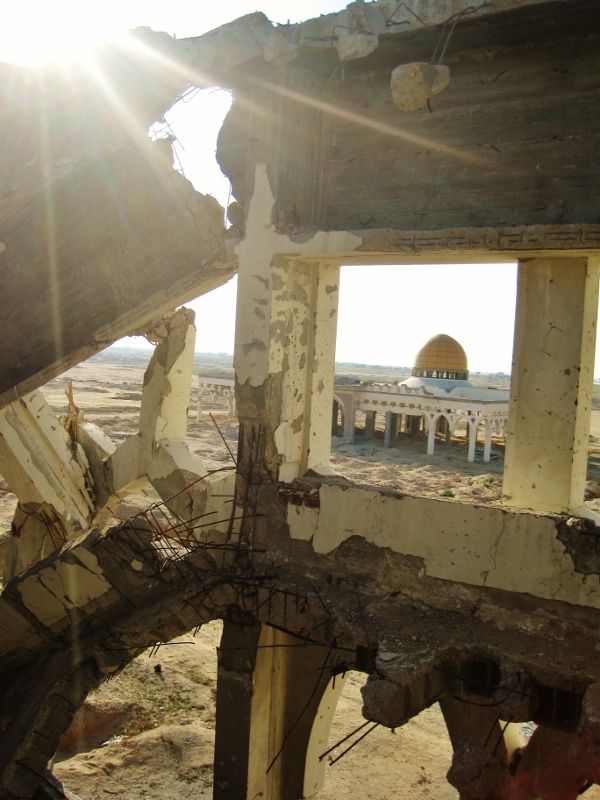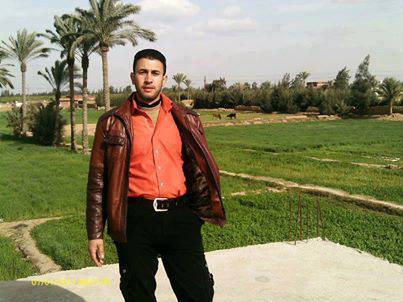Tag: Egypt
-
The Gaza Strip is closed and more besieged than ever
18th October 2013 | 3deVuit, Maria del Mar Fernández | Gaza, Occupied Palestine Israel continues to maintain a full, tight closure by land, sea, and air, on the only coastal enclave left to Palestine. This has become even worse since July, as the Egyptian government closes the Rafah crossing on a regular basis and has destroyed many…
-
Gaza man “kidnapped” by Israel in Sinai, says family
11th October 2013 | The Electronic Intifada, Joe Catron | Khan Younis, Occupied Palestine The abduction of a Palestinian-Egyptian from the Sinai on the eve of Egypt’s 3 July coup has highlighted the network of collaborators and agents working with Israel in the peninsula. Wael Abu Rida crossed the Rafah border from Gaza into Egypt on 6 June with his family, including…
-
Act Now: Rafah border crossing closed for 6 days
5 November 2011 | International Solidarity Movement, Gaza Only hours after activists from popular committees and youth movements throughout the West Bank formally presented the Egyptian ambassador, His Excellency Yasser Othman, with an appeal and a petition to open the Rafah crossing unconditionally and permanently, the Palestinians of Gaza learned that the crossing will in fact be closed for six…


